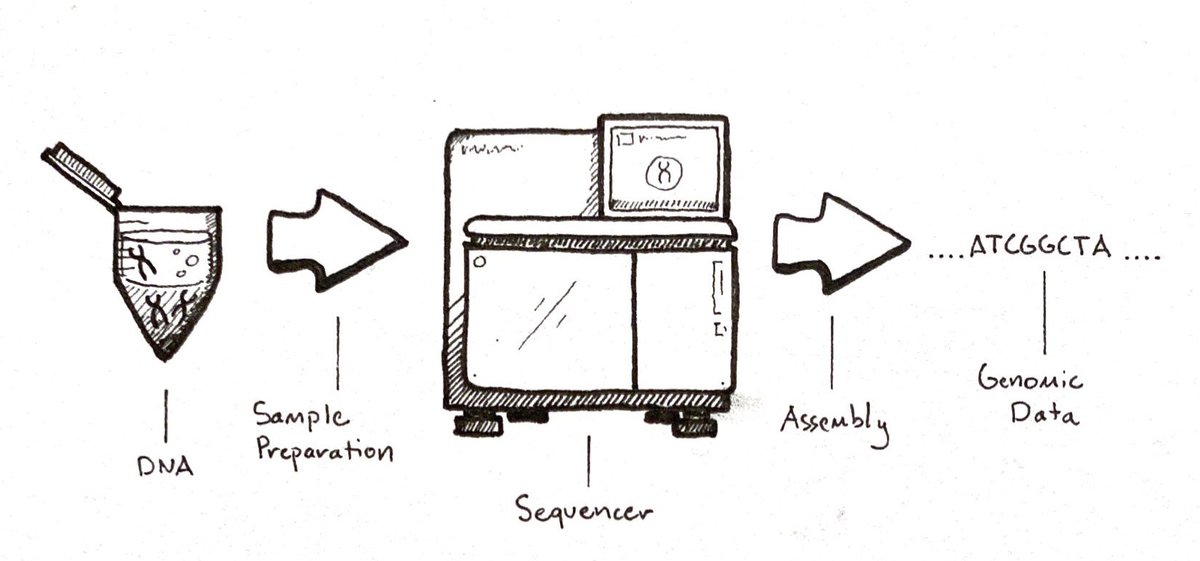(1/n)
Cancer is a dynamic disease. It's a microcosm of the evolutionary principles you learned in high school. Tumors, populations of mutant, rogue cells coalesced together behave like just that: a population. Over time, after surgery, after chemotherapy - a tumor can change.
Treatments that worked suddenly don't. Patients who've recovered suddenly relapse. But why?
Treatments are evolutionary events for that population of mutant cells, much like the introduction of a new predator into an environment.
Cancer cells w/ certain mutations have an advantage to survive what was an extinction event to their neighbors. The survivors divide. Suddenly, a subclonal event occurs, an offshoot of the original primary tumor w/ distinct genomic alterations begins to thrive.
Future chemotherapies need to stay one step ahead, to anticipate and to quell tumor subclones, to play molecular whack-a-mole with wherever a population of cancer cells may go next. This is adaptive therapy.
This is why an exome-scale (all genes) liquid biopsy, that is performed serially throughout treatment, is of vital importance.
We need to be able to understand the phylogenetic behavior of tumors. This information is our footing for staying one step ahead of cancer.



